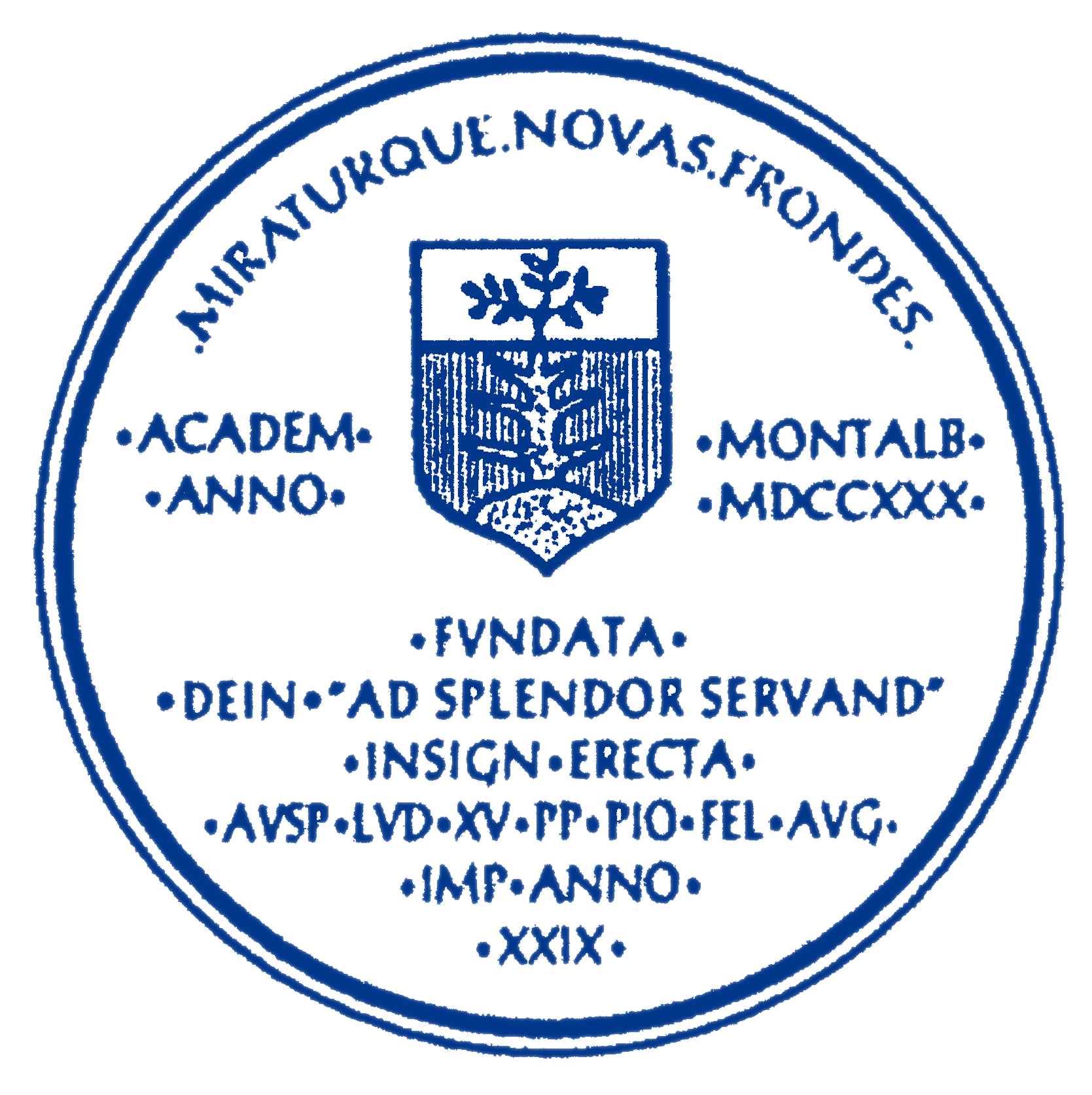Occitan language & culture
When William the Conqueror took possession of England, after the Battle of Hastings in 1066, the Counts of Toulouse governed a large area situated between the River Garonne and the Rhône. Then in 1209 there began the tragedy of the so-called Albigensian Crusade against the Cathars whom the Catholic church considered as heretics, a view naturally shared by the French clergy and the King of France, who succeeded finally in incorporating the County of Toulouse into his kingdom.
The Good Ol’ Days …
Nevertheless, a culture was born under the name of “trobar” (from the Latin TRÖPVS, “tropare” meaning “to compose texts to be sung”), and between the 11th and 14th centuries troubadour poets travelled over the whole of Europe. They originated from south of the River Loire, Guilhem de Peitius (William IX Count of Poitiers) being considered as the first of them (1071 – 1126). They invented “fin’amor”, a code of courtesy to honour the ladies to whom they dedicated their songs. They had family connections with all the major European countries, especially England, thanks to Eleanor of Aquitaine and Richard The Lion-Heart (he composed poems in Occitan himself), both of whom, at various times, ruled over the South-West of France. This is the area that came to be known as Languedoc : “OC country”, as Dante Aligheri named it when he came to visit it around 1300. The difference he established was between two ways of saying “yes” , that is “òc ” in the South as opposed to the North where they said “oïl ” (modern oui). In Toulouse, in 1323, there sprang up an important literary movement referred to as the “Consistoire du Gay Savoir”, the oldest such organisation in Europe. In 1694 it became known as the “Académie des Jeux-Floraux” because the poets associated with it were awarded prizes of flowers.
Modern times ...
In 1539, a royal edict was signed in Villers-Cotterêts by the King of France, François I, which stipulated that henceforth French would replace Latin as the official language of France, and as a result Occitan literature lost status while its language survived only as a series of spoken dialects. After the 1789 French Revolution, things did not improve : it was even forbidden to speak Occitan at school ! But in the middle of the 19th century, a rebirth took place, with poets like Jasmin, from Agen, whose songs enjoyed a very wide popularity, and also Frédéric Mistral in Provence who created the Felibrige. This organization, which covered the whole of the South of France, gave new impetus to local felibres (poets), but there was, as yet, no unity and everyone continued working in their own specific area. At the end of the century, a new movement came into being, with Antonin Perbosc at its head. He it was who coined the term Occitania after studying the works of the troubadours as well as other Occitan texts, administrative and commercial, dating back to the Middle Ages. New “schools” were founded, for example L’Escolo Carsinolo (the Quercy School) in Montauban, in 1895, or La Cloucado dels Clastres (The Cloisters’ School) at Moissac, where poets from different social origins could meet altogether.
What about now ?
It was not, however, until the end of World War II that any real unity came to exist, and this came about with the creation, in 1944, of the Institut d’Estudis Occitans (Occitan Studies Institute), which developed a unified, single spelling system for Occitan, but one adaptable to regional variations, and promoted the publication of magazines and books in Occitan. It was an effective way of proving that a real Occitan culture existed, a civilization that had to be taken account of, a powerful movement from the “deep South” demanding the right “to live in its own area” (the 1970s’ Viure al Païs movement). Today, Occitan is going from strength to strength, thanks to its language and culture being taught in nursery schools (calandretas), in specialized Occitan-French sections, in high-schools and at universities. The Occitan heritage is one which is proud to assert and promote itself.
How to pronounce modern Occitan :
pronounce [o] like in “top” when you read « ò » ;
pronounce [u] like in “blue” when you read « o » ;
pronounce [e] like in “red” when you read « è » ;
pronounce [b] like in “bob” when you read « v » ;
pronounce [nye] like in “new” when you read « nh » ;
pronounce [lye] like in “lieu” when you read « lh » ;
pronounce [![]() ] approximately like the last syllable of “poplar” when « a » is at the end of a word
] approximately like the last syllable of “poplar” when « a » is at the end of a word
try rolling your “r”s like a Scot, but never pronounce « n » or « r » at the end of a word.
